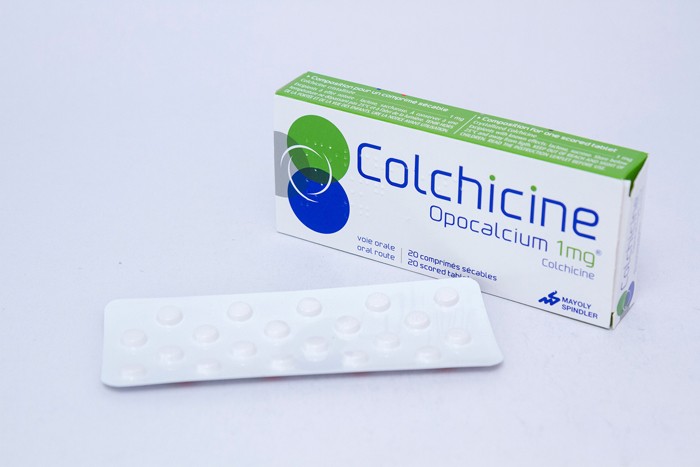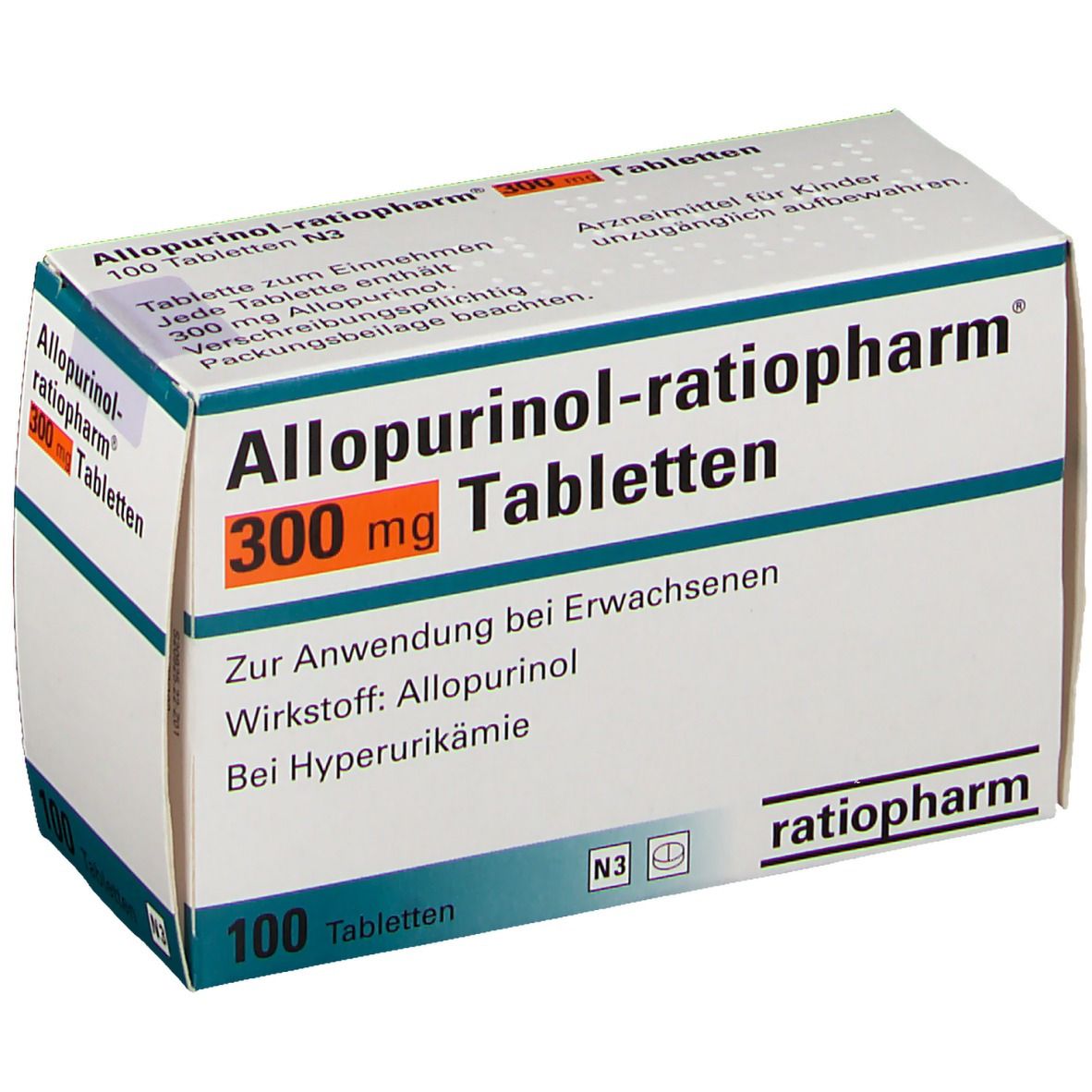
Flushed cheeks, chills, and a general feeling of being worn-out can be clear indicators of a fever, which is defined as a body temperature of 100.4 degrees F (38 degrees C) or higher. While various conditions can lead to a fever, infections are the most common cause of an elevated body temperature.
“Fever is part of the body’s defense mechanism to fight off infections. By raising your body temperature, your immune system creates an environment less favorable for bacteria and viruses,” explains Dr. Alex Harper, an internal medicine physician.
How To Manage A Fever At Home
While a fever can leave you feeling weak, achy, and uncomfortable, most fevers caused by infections will resolve on their own. Here are some tips for managing a fever and making yourself more comfortable at home:
1. Get Plenty of Rest Rest is crucial for recovery. While it may seem like a chance to catch up on tasks, allowing your body to rest is essential. Use this time to relax and recover.
2. Drink More Fluids Fever can increase your risk of dehydration through sweating, vomiting, or diarrhea. Stay hydrated by drinking plenty of water, herbal teas, juice, or broth. Broths like chicken or beef provide essential electrolytes and nutrients. For children, hydrating foods like popsicles and fruit smoothies can be helpful.
3. Take Lukewarm Baths Avoid hot baths or showers as they can raise your body temperature further. Instead, take a lukewarm bath to help manage your fever.
4. Keep Clothing Light Dress in light clothing and avoid heavy blankets to prevent overheating. A single layer of light clothing is best.
5. Try Foods and Herbal Remedies If you’re able to eat, consider incorporating ginger and garlic into your diet. Ginger helps reduce inflammation, while garlic may have antiviral properties. Moringa tea is another herbal option that might help manage fever.
6. Consider Over-the-Counter Medications If you need relief from fever symptoms, you can use acetaminophen or ibuprofen. However, avoid taking these medications at the onset of a fever as they might mask underlying issues. Always follow dosing instructions, especially for children.
When To See A Doctor For A Fever
While many fevers can be managed at home, some cases require medical attention. Dr. Harper advises seeing a doctor if:
- Your temperature remains above 103 degrees F and you experience significant pain.
- You are 65 or older, or have a compromised immune system.
- For adults: Additional symptoms such as headache, nausea, abdominal pain, or confusion should prompt a medical visit.
- For children: Contact a doctor if:
- The fever is above 103 degrees F.
- Your child has had a seizure.
- A child under 2 years old has a fever lasting more than 24 hours.
- A child older than 2 years old has a fever lasting more than 72 hours.
- The fever is accompanied by severe ear pain, a stiff neck, abdominal pain, or persistent vomiting or diarrhea.
By following these guidelines, you can manage a fever effectively at home and recognize when it’s time to seek professional medical care.








